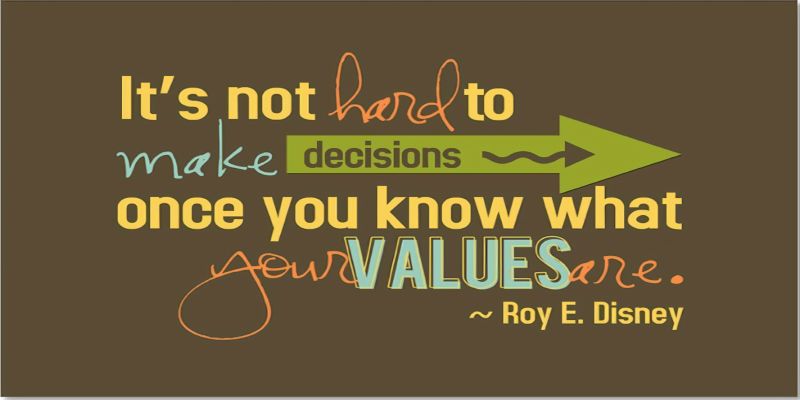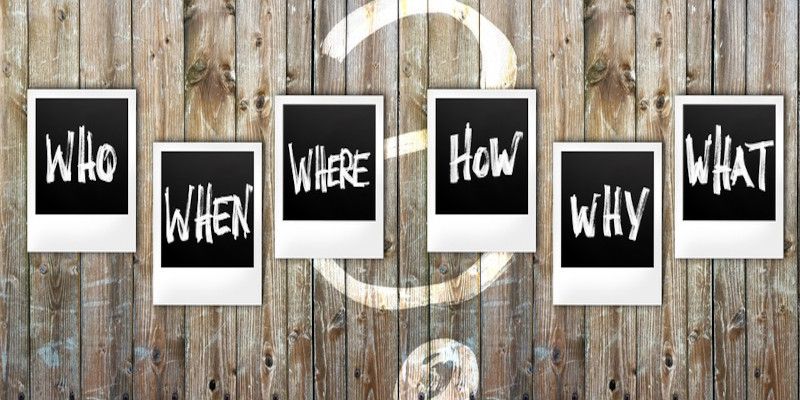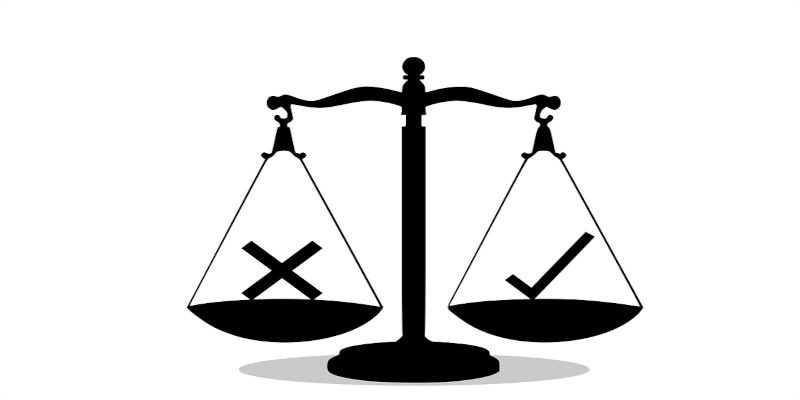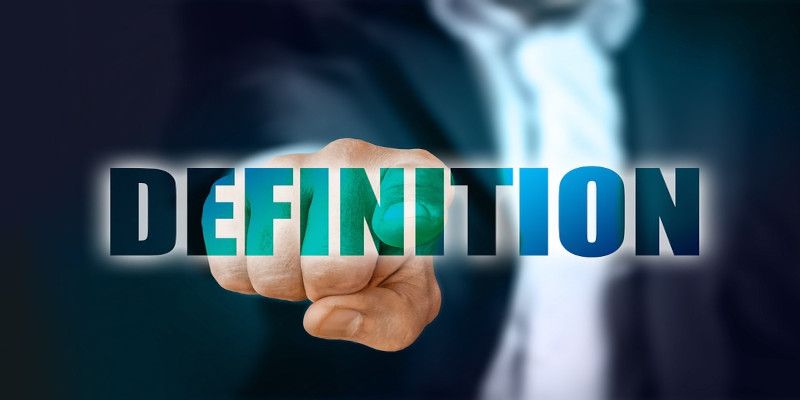Table of Contents
ToggleAs people, we’re constantly comparing and judging ourselves, others, and what we find important in life.
But why exactly do people make value judgments?
We evaluate and place an abstract, personal value on other people and things. But morals, ethics, and human values are critical for society.
Let me explain how to become less judgmental.
What is a value judgment?
A value judgment can be defined as an evaluation of the usefulness of something or someone based on comparison or other relativity. It can also be an assessment of the rightness or wrongness of someone or something.
It thus refers to an opinion that’s made based upon a set of values.
Why do we make value judgments?
To figure out what’s essential
The value of judgment is hidden in the sentence itself. The sentiment provides value by ranking the things we deem to be important and unimportant in our lives. Thus, we know what we need to prioritize, and what we can leave alone since it’s not essential to us personally.
We evaluate things and people based on who we are, and what we find critical to our wellbeing. Thus, it can be said that value judgments are based on our values and ethics.
Our thought processes are guided and often grounded on these assessments. Our actions are consequently based upon value judgments. Therefore, everything we carry out, and decide not to do in life is based upon this principle. We frequently do what we deem to be necessary while simultaneously not performing what we consider to be unimportant.
The person you are currently is based on the continuous determinations you’ve made in the past up until now. Another person can have a different personally due to having wildly differing values and ethics. Needless to say, that’ll lead to making different decisions.
For instance, you can be a just person because you treasure ethics to be important and because you regard unethical people as being detrimental to society.
It’s also possible that you’re a capable individual who prizes competence above being social. That means that you’ve made the value judgment that competence and being ethical are more essential than being dishonorable and unqualified and so on.
To determine something’s, or someone’s value

The meaning is more or less concealed in the name itself. A value judgment allows us to determine the value of an object or person. That inherently means that it’s subjective and up to personal interpretation.
Generally speaking, what’s rare tends to be seen as being more precious than the common things. That holds for people as well. If you have extraordinary qualities or traits, then you’re more likely to be seen as someone significant to others.
Frequently Asked Questions (FAQ)
Why we’re unable of not judging

Not judging is impossible since refusing to make an evaluation can be considered a judgment as well. It’s also natural to make choices based on our ranking of importance.
You don’t become the person you are now simply by chance. Who you currently are is the result of constantly making conscious and unconscious decisions based on opinions.
Not only that, but you decide what parts of yourself you find important and thus nurture and what aspects you don’t find fundamental and choose to ignore as a result. Chances are considerable that you find these same things remarkable in other people and things as well.
People have emotions for a reason. And a judgment is partly based upon emotions and on rationality to a certain degree. It is most certainly also a release of different kinds of feelings.
Refusing to evaluate would not even be a good thing. Because how do we separate good from bad? Truth from lies? Ethical from unethical? What would be worth living for if nothing meant anything or nothing was extraordinary?
And if you decide that simply not putting a value on anything is the key to not judging, then what is the point of living? If nothing is significant and as a result, nothing is valuable? What’s left to live for?
How to become less judgmental?

Understand yourself and others
One way to become less judgmental is by becoming better at understanding other people and ourselves.
Just because we disagree with a person or their personal choices doesn’t mean that we can’t understand, or at least attempt to interpret their reasoning.
Focus on yourself instead of others
We can only control our actions. And even that requires a great amount of effort. We can’t moderate other people or their behavior, so it’s pointless trying to contain their actions.
What you should do instead is concentrate on yourself and your abilities. Try to become a bit better each day and only compare yourself with the person you were yesterday. As long as you’re slowly improving over time, you’re doing a good job.
Comparing yourself with other people is pointless, as each person will have their strengths and weaknesses. As a result, we all grow at different rates while having a varying skill ceiling.
Accept your own and other people’s feelings and judgments
Lastly, accepting your own and other people’s feelings and opinions is another way to become less critical.
Just because someone else’s decisions and thought processes differ from yours doesn’t make them unimportant as a person.
Is a value judgment an opinion?

A value judgment in itself is inherently an opinion since it’s based on what you consider to be true. Your view about something is formed based on your beliefs and principles instead of hard facts.
Value is in the eye of the beholder. It’s not a statistical fact. Something can be valuable since it holds emotional significance, or because it’s financially treasured. Thus, there’s no clear-cut answer.
Something priceless now may not have always been considered that way in the past.
Think of old stamps that are extremely expensive now, but were super cheap back in the day. Therefore, they’re financially invaluable nowadays, while being inexpensive back in the day.
Is a value judgment subjective?
A value judgment is mostly subjective since we’ve established that it is an opinion.
We largely make this personal perspective based on our beliefs and principles instead of just facts. Thus, we can consider it to be largely prejudiced.
That doesn’t mean that facts and empirical evidence don’t play a role in creating our views. But they’re not the only factors that influence our assessments.
Why is critical thinking important in value judgments?

Critical thinking is essential in value judgments since we use it to examine and assess facts to form a logical, clearheaded sentiment that’s based on facts and verifiable information.
We use said skill to engage in problem-solving behavior and to make well-thought-out decisions. It’s indispensable to separate the truth from the lies.
It conveys thinking for oneself, which means challenging biases and suppositions without simply accepting them as truth. Thus, it allows us to gain a better understanding of the world.
Opinions are subjective. Yet, that doesn’t mean that we shouldn’t apply critical thinking, facts, and empirical evidence to organize our persuasions.
Thinking and making decisions solely with our emotions is a bad idea since the world operates in reality, and not in fantasy. That’s why we need to incorporate our critical thinking skills when establishing our personal views.
What are the different types of value judgments?

- Moral judgments about individuals being good or bad
- Ethical judgments about human actions being right or wrong
- Moral judgments about people’s nature, being benevolent or malevolent
So we evaluate things and those around us based on perceived moral value and moral obligation.
Value judgment examples
- That’s great
- That’s despicable
- That’s shameful
- That’s good
- That’s bad
- That’s admirable
- That shouldn’t be
- That should be
- That’s right
- That’s wrong
- As you can see
All those short sentences are examples of value judgments and are based upon a particular value system.
What is another word for value judgment?
The word value judgment has many synonyms, such as:
- Judgment
- Evaluation
- Assessment
- Estimation
- Valuation
- Appraisal
- Fix
Since these are considered synonyms, they can, and are often, used interchangeably.
Conclusion

The main value of making a judgment is being able to rank things chronologically in terms of importance so that we know what to prioritize.
That’s why it’s impossible not to make them. We humans make assessments to determine what we find important in life, and what we consider to be insignificant.
They are necessary to create order and structure in our existence. Without them, it would be very hard for us to know what to give priority to, and what goals to pursue.



4 thoughts on “What is a value judgment and why do people make them”
Comments are closed.